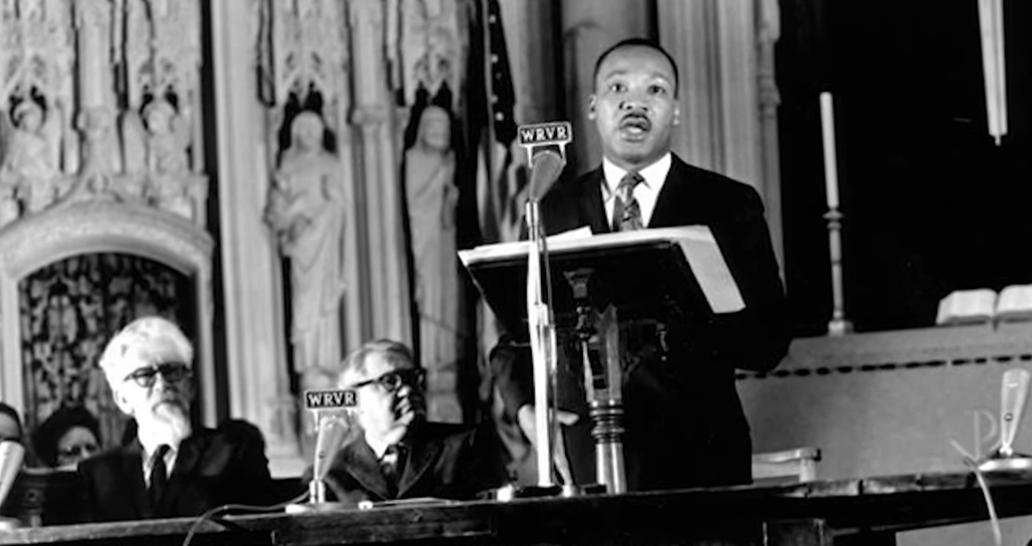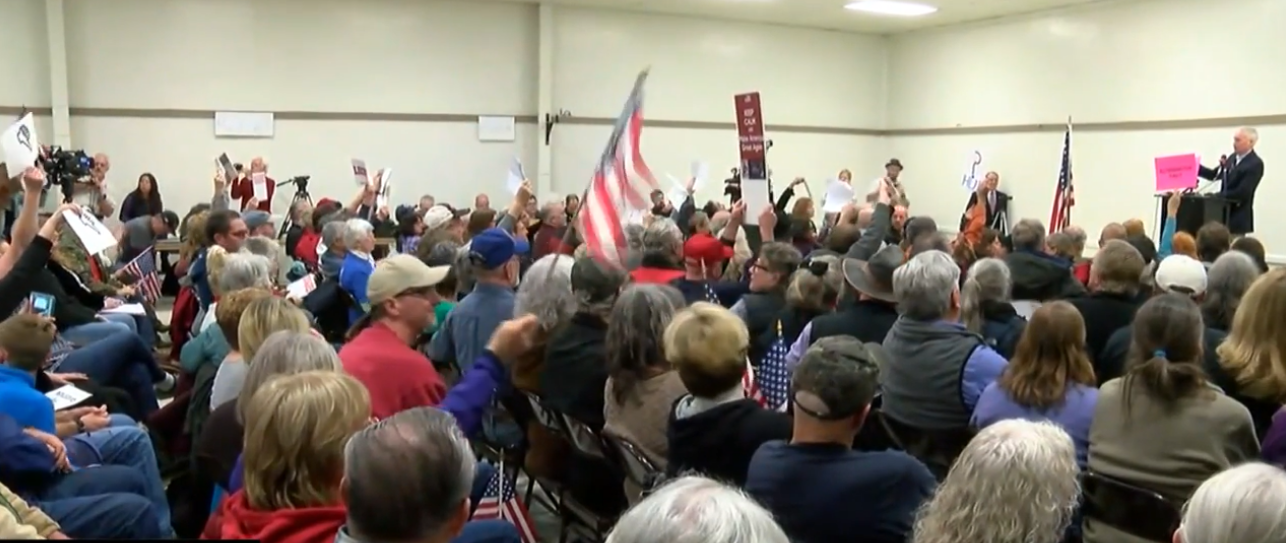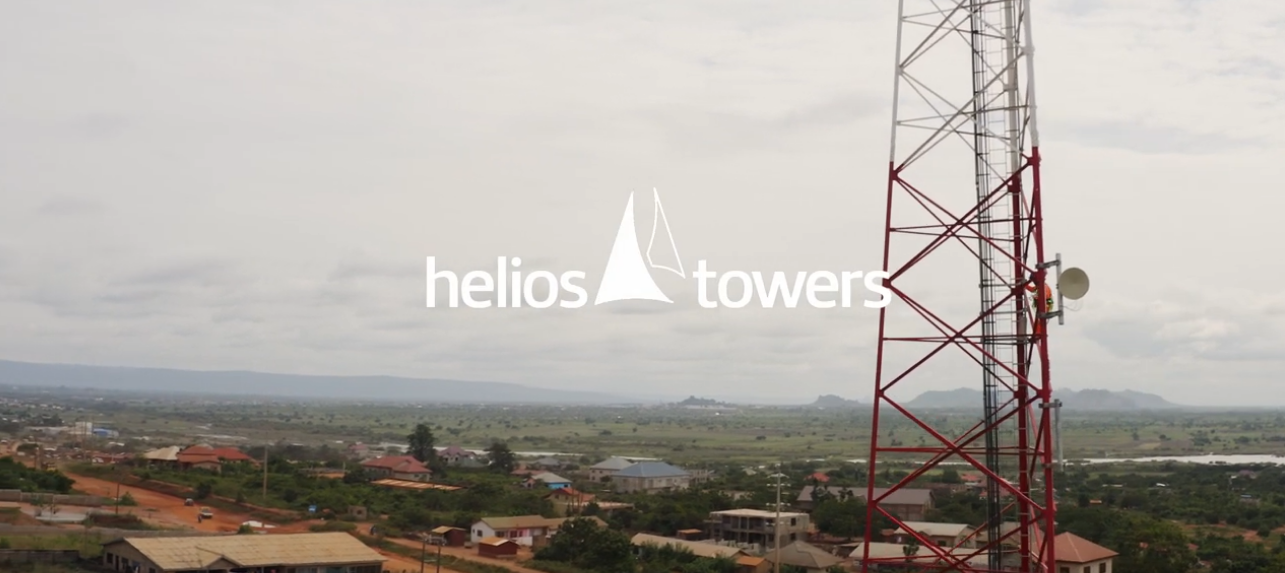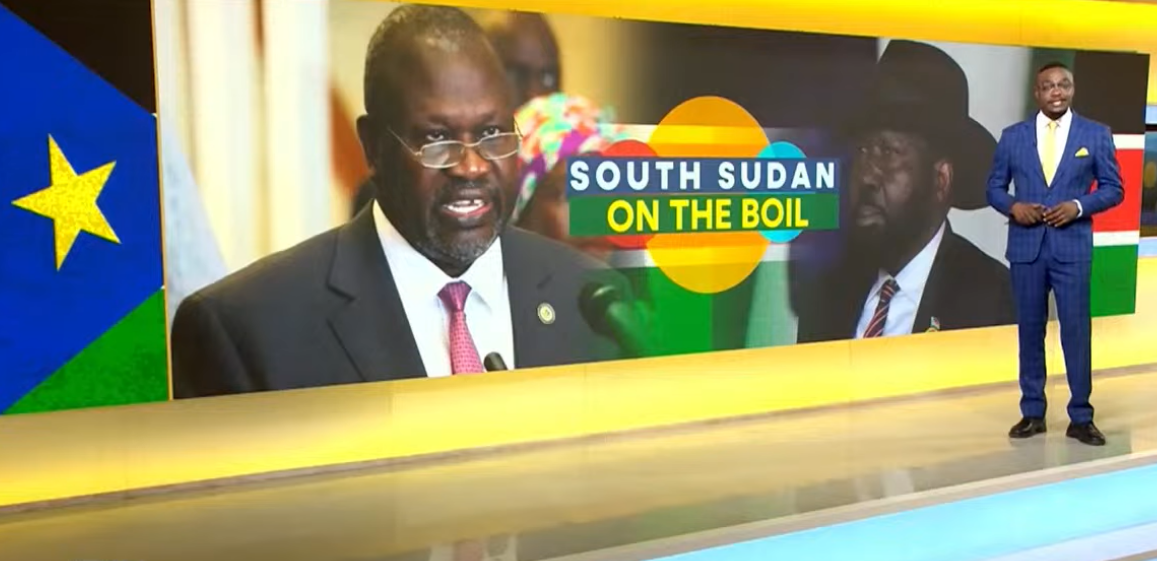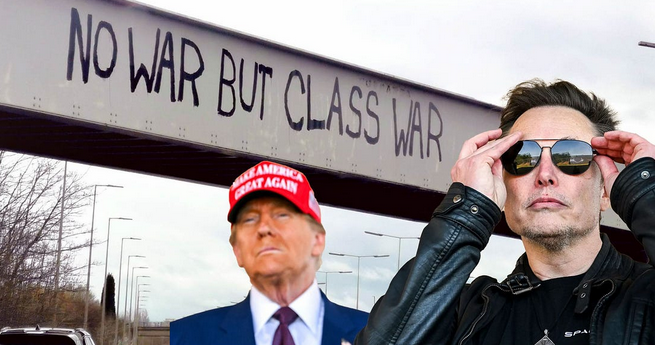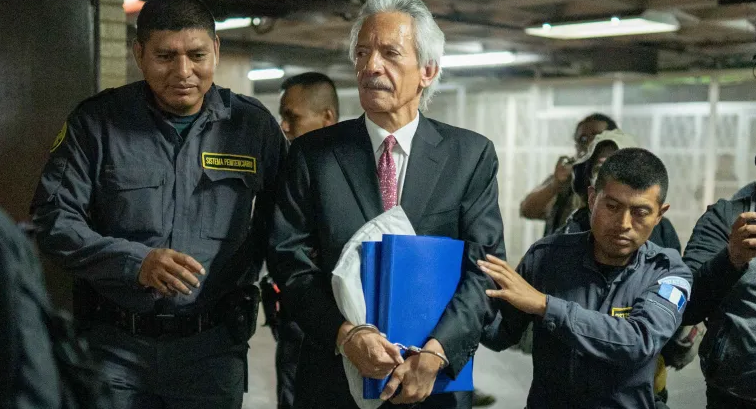By Wim Laven\PeaceVoice
Photos: YouTube Screenshots
“My conscience leaves me no other choice,” the Rev. Martin Luther King Jr. declared while condemning the Vietnam War on April 4, 1967. He insisted that it was morally imperative for the U. S. to take radical steps to end the war through nonviolent means.

The third Monday of January is a national holiday to reflect King’s legacy and his message. We can see that his work for justice benefited all humanity. But it is also an occasion to see our shortcomings individually and collectively.
The 2024 U.S. sees numerous attacks on the civil and voting rights King worked so hard to achieve. Ongoing racism and hatred are rooted into the fabric of the Constitution, our racist Electoral College, and mind-numbing Gerrymandering; it isn’t going away anytime soon.
For all the monumental importance of King’s work that will be reflected in the favorite quotes politicians share to mark the occasion, little to no lip service will likely be given to King’s equally important commitments to peace and nonviolence.
It is an election year and critical race theory is a topic du jour. But in the 60’s King practiced this critical analysis before there was a name for it. In keeping with his bedrock philosophy and practice, King ultimately composed and delivered a sermon eloquently condemning militarism and the war on Vietnam. His words then could and should guide us today.
Politicians do not reflect on his razor-sharp words arguing American power should be “harnessed to the service of peace and human beings, not an inhumane power against defenseless people.” Those words are true in Gaza and Yemen the same as they were in Vietnam. He called the devastation the result of “deadly Western arrogance,” and condemned American actions at home and abroad, noting, “we are on the side of the wealthy, and the secure, while we create a hell for the poor.”
King never missed an opportunity to speak up for the poor or the voiceless. He was assassinated while speaking up for Sanitation Workers in Memphis. The protesters wore sandwich boards that read “I Am A Man.” Should children in Gaza and Yemen carry signs reading, “I am a child”?
The cherry-picking from King’s 1963 speech: “I have a dream that my four little children will one day live in a nation where they will not be judged by the color of their skin but by the content of their character,” is all too familiar. Let’s challenge our elected officials to move into King’s more peace and nonviolence rhetoric.
King knew struggle and while he continued, “we’ve come here today to dramatize a shameful condition” … “Now is the time to rise from the dark and desolate valley of segregation to the sunlit path of racial justice,” and, “We cannot be satisfied as long as the Negro’s basic mobility is from a smaller ghetto to a larger one.” The depths of his condemnation of injustice are avoided or ignored.
King spoke directly to the connections of the issues, saying, “millions of dollars can be spent every day to hold troops in South Vietnam and our country cannot protect the rights of Negroes in Selma.” He saw the Vietnam war as a violation of the Geneva Convention, the basic rules of war and humanitarian law.
I wish this would be the year to take his legacy seriously. The words he spoke, “one greatly concerned about the need for peace in our world and the survival of mankind, I must continue to take a stand on this issue,” would go far to help us appreciate the incompatibility of war and human life. King understood H. G. Wells’ observation: “If we don’t end war, war will end us.”

Wim Laven, Ph.D., syndicated by PeaceVoice, teaches courses in political science and conflict resolution.
